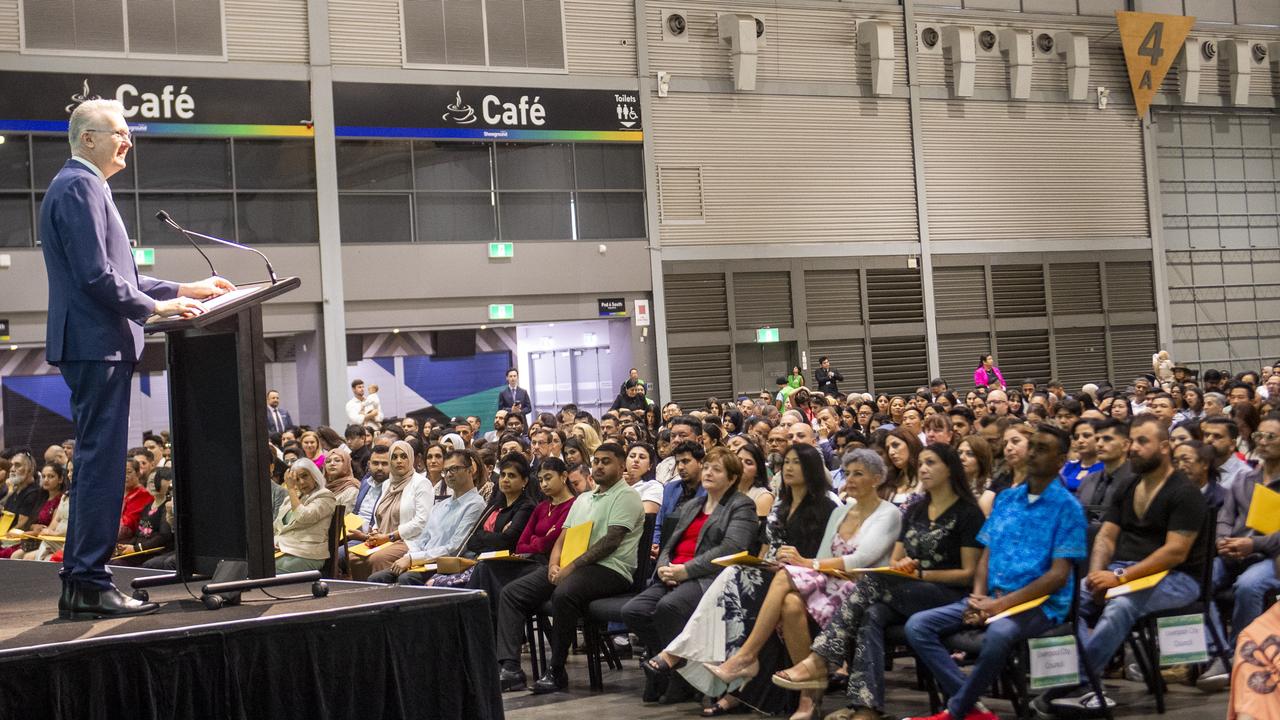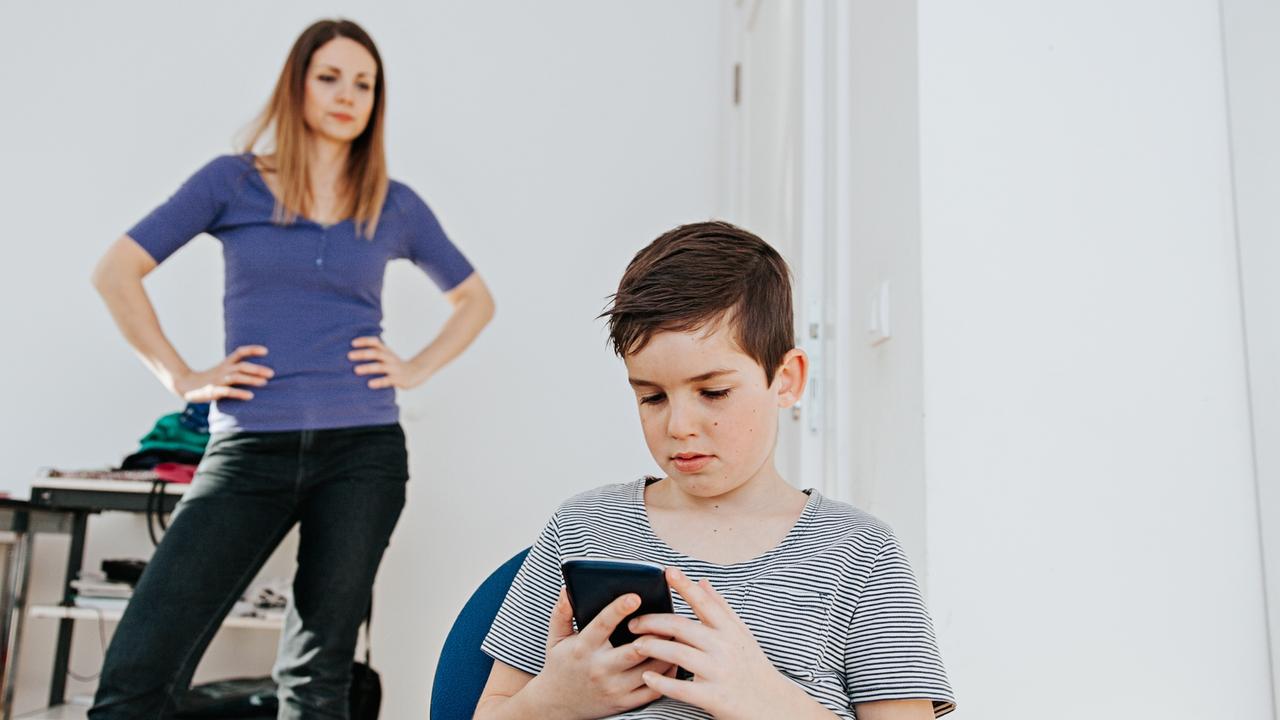James O’Doherty: Evidence shows young teens are suffering because of social media
The evidence is in on the great ‘experiment’ of universal social media use: Kids are using it more and more, and increasingly reporting negative, sometimes catastrophic, outcomes, writes James O’Doherty.
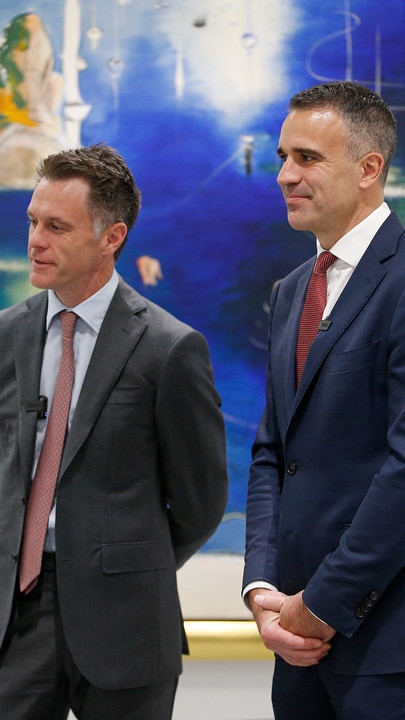
Opinion
Don't miss out on the headlines from Opinion. Followed categories will be added to My News.
The teenagers of today have been the guinea pigs in the greatest unregulated experiment humanity has every performed on its kids.
That is the argument of US psychologist Jonathan Haidt, who is spearheading the global push to get kids off social media.
Haidt shot to fame with the release of his book The Anxious Generation, which argues that an entire generation’s brains have been rewired by the pernicious rise of social media since the early 2010s.
As this masthead’s Let Them Be Kids campaign has found, the evidence is now in on the great “experiment” of universal social media use. Kids are using it more and more, and increasingly reporting negative health outcomes. When it comes to cyber-bullying, sometimes the impact is catastrophic.
They say that hindsight is 20-20, and if we collectively knew what we do now, perhaps we would have been more cautious.
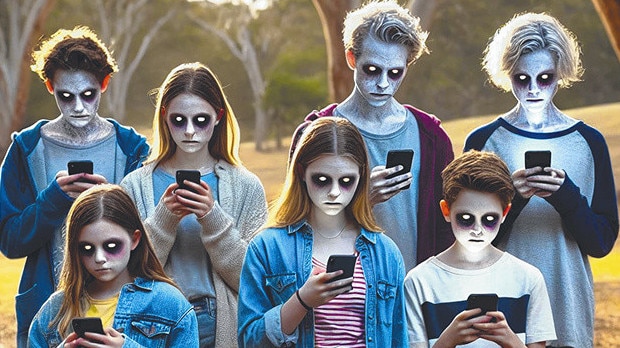
Anyone who says their life has not been affected by social media is lying.
Sure, some impacts can be positive: catching up with faraway friends and relatives, or engaging with like-minded communities without the tyranny of distance.
But with the positives come the negatives: hours of mindless “doomscrolling”, the perpetuation of unrealistic body or lifestyle standards, and vulnerable people – including kids – being exposed to harmful or extremist content.
In his book, Haidt likens the social media experiment foisted on children to a parent being asked to send their child to Mars, despite having no assurance that they will be safe, or that those planning the mission care about their guinea pigs.
In a call with Premier Chris Minns on Wednesday, Haidt said that there was no other way to explain an “international, synchronised increase” in mental illness among mainly girls that started in the early 2010s other than the ubiquitous use of social media.
This is the thinking that has been the foundation of Minns’ push to set minimum age limits for social media, and to ban phones from NSW high schools.
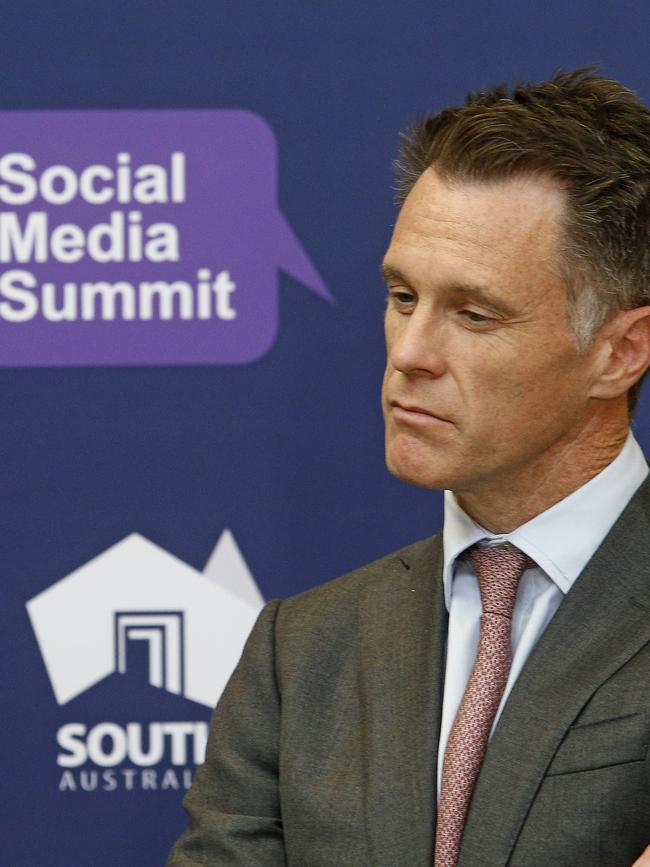
In his opening address to the government’s nation-leading Social Media Summit, hosted by the NSW and South Australian governments, Minns said governments needed to ensure technology was “working for us, rather than us working for the technology”.
The two-day summit in Sydney and Adelaide is a commendable initiative from two premiers who want to take decisive action.
The risk is that, by putting departments in charge of the discussion, their political ideals will meet an immovable object: the bureaucracy.
The dangers of social media have been canvassed in the NSW public service before.
Back then, bureaucrats warned that restricting access would harm children’s mental health by cutting them off from certain communities.
As their argument goes, children – particularly marginalised groups – benefit from connecting with people outside their physical reach.
This argument is not without merit, but only to a point; the products currently on offer are not fit for purpose.
Most Big Tech companies currently say that users must be 13 years or older to make an account.
But with no threat of penalty, those restrictions are as sturdy as a chocolate teapot.
That is where the ban comes in.
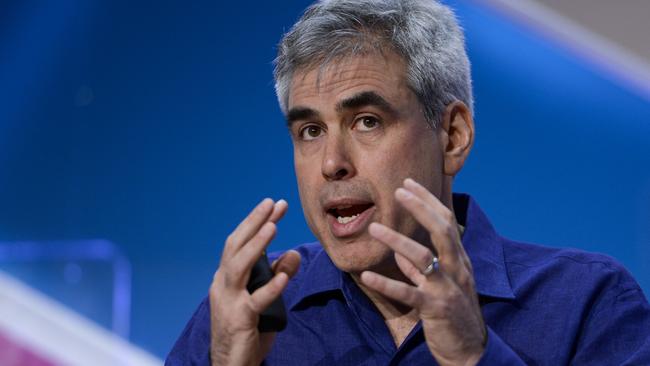
The tech companies have shown they can play ball when they need to. Last month, Meta announced that Instagram users younger than 18 would be put on special “teen accounts” allowing parents greater control, limiting use at certain times, and making profiles private by default.
They are not the actions of a company that believes its product to be safe and harmless to young impressionable minds.
According to documents released by Facebook whistleblower Frances Haugen, Meta has known for years that its product was damaging teenagers’ mental health.
Users know it, too.
As The Telegraph reported last week, almost nine in 10 people who responded to a statewide NSW government survey wanted age limits for social media.
Parents overwhelmingly supported restrictions, but so did young people themselves. Of respondents aged 18 to 24, 86 per cent favoured age restrictions. For 16 and 17-year-olds, that figure was 85 per cent.
Of all respondents – including parents – most believed those under 16 should be banned. The exceptions in that belief were 16 and 17-year-olds (who nominated 13 years as the cut-off).
Haidt has praised NSW and Australia for leading the charge on letting kids be kids, saying the US “needed” us to succeed.
That is true. But first, Australian kids need our political leaders to succeed, too.
Do you have a story for The Daily Telegraph? Message 0481 056 618 or email tips@dailytelegraph.com.au




